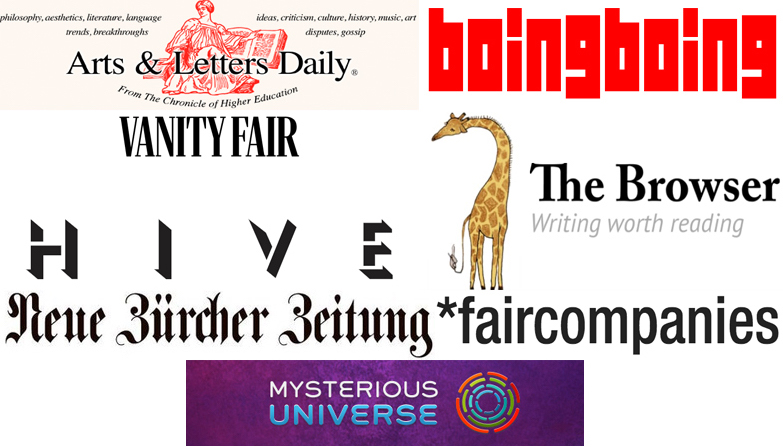Nations, alliances of nations, and national institutions are in decline, while a state perhaps best described as Oligarchia is on the ascent. George Dyson explains in this, the first Edge New Year's Essay.
Childhood's End
All revolutions come to an end, whether they succeed or fail.
The digital revolution began when stored-program computers broke the distinction between numbers that mean things and numbers that do things. Numbers that do things now rule the world. But who rules over the machines?
Once it was simple: programmers wrote the instructions that were supplied to the machines. Since the machines were controlled by these instructions, those who wrote the instructions controlled the machines.
All revolutions come to an end, whether they succeed or fail.
Two things then happened. As computers proliferated, the humans providing instructions could no longer keep up with the insatiable appetite of the machines. Codes became self-replicating, and machines began supplying instructions to other machines. Vast fortunes were made by those who had a hand in this. A small number of people and companies who helped spawn self-replicating codes became some of the richest and most powerful individuals and organizations in the world.
Then something changed. There is now more code than ever, but it is increasingly difficult to find anyone who has their hands on the wheel. Individual agency is on the wane. Most of us, most of the time, are following instructions delivered to us by computers rather than the other way around. The digital revolution has come full circle and the next revolution, an analog revolution, has begun. None dare speak its name.
Childhood’s End was Arthur C. Clarke’s masterpiece, published in 1953, chronicling the arrival of benevolent Overlords who bring many of the same conveniences now delivered by the Keepers of the Internet to Earth. It does not end well.









